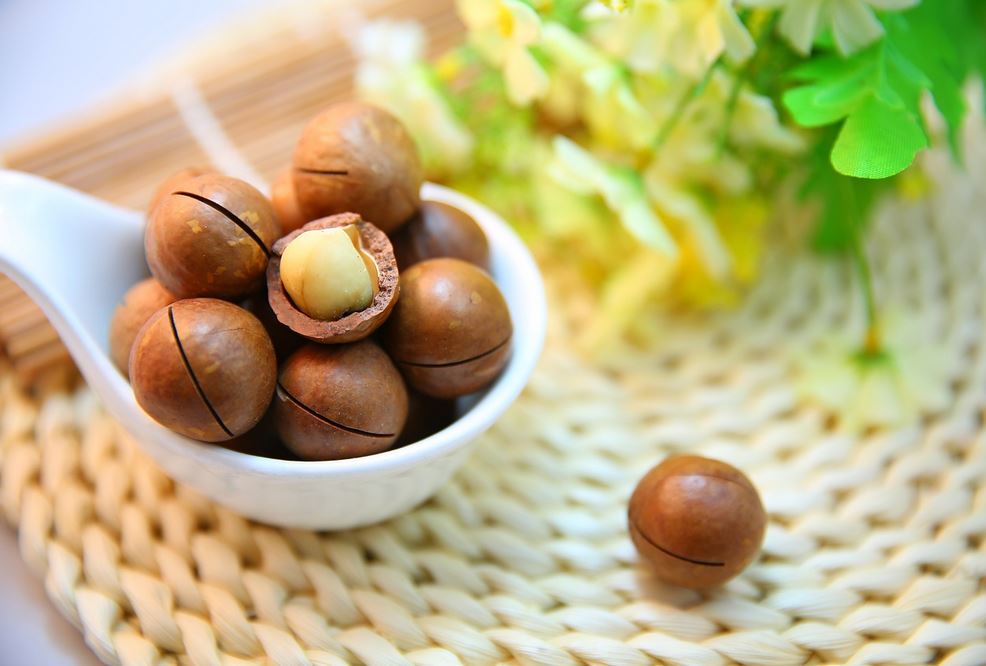Shea nuts, harvested from the majestic shea tree (Vitellaria paradoxa), are essential for producing shea butter— a highly prized substance in the cosmetic and food industries. These nuts are not just a source of valuable shea butter but also play a crucial role in the lives of many communities in Africa. This article explores the significance of shea nuts, from their health benefits and economic impact to their environmental and cultural importance.

Nutritional and Health Benefits
Shea nuts are packed with essential nutrients and fatty acids that make shea butter an excellent moisturizer and therapeutic agent.
- Rich in Fatty Acids: Shea butter derived from shea nuts contains oleic, stearic, linoleic, and palmitic acids. These fatty acids are crucial for maintaining skin health and hydration.
- Vitamins A and E: Shea butter is rich in vitamins A and E, which have antioxidant properties that protect the skin from damage caused by free radicals and promote cell regeneration.
- Anti-Inflammatory Properties: The cinnamic acid esters in shea butter provide anti-inflammatory benefits, making it effective in treating conditions like eczema, psoriasis, and arthritis.
- Healing Properties: Shea butter is known for its ability to accelerate wound healing and soothe burns, cuts, and insect bites.
Economic Impact
The shea industry is a vital source of income for millions of people in Africa, particularly women who are often at the forefront of shea nut collection and processing.
- Employment and Empowerment: The shea industry provides employment for many rural women, empowering them economically and socially. This income helps improve their families’ living standards and access to education and healthcare.
- Sustainable Livelihoods: Shea nuts are a non-timber forest product, meaning their harvesting does not require cutting down trees, allowing for sustainable livelihoods and forest conservation.
- Export Revenue: Countries like Burkina Faso, Ghana, and Nigeria earn significant revenue from exporting shea butter and related products. This trade contributes to national economic growth and development.
Environmental Significance
Shea trees play a vital role in maintaining the ecological balance in the regions where they grow.
- Biodiversity: Shea trees support biodiversity by providing habitat and food for various species of birds, insects, and other wildlife.
- Soil Conservation: The deep roots of shea trees help prevent soil erosion and maintain soil fertility, which is essential for sustainable agriculture.
- Climate Resilience: Shea trees are drought-resistant and can thrive in arid and semi-arid regions, helping to combat desertification and adapt to climate change.
Cultural Importance
Shea nuts and butter hold significant cultural value in many African societies.
- Traditional Uses: Shea butter has been used for centuries in traditional African medicine and skincare, reflecting its deep cultural roots.
- Ceremonial Uses: In some cultures, shea butter is used in rituals and ceremonies, symbolizing purity and protection.
- Culinary Uses: Besides its cosmetic and medicinal applications, shea butter is also used in cooking, adding a rich flavor to traditional dishes.
Conclusion
Shea nuts are far more than just a source of shea butter; they are an essential component of health, economic development, environmental sustainability, and cultural heritage. The benefits of shea butter for skin and health are well-documented, making it a valuable commodity in the global market. Additionally, the shea industry empowers women, supports biodiversity, and plays a crucial role in sustainable land management. By supporting shea products, consumers can contribute to these positive outcomes and enjoy the numerous benefits of this remarkable natural resource.
